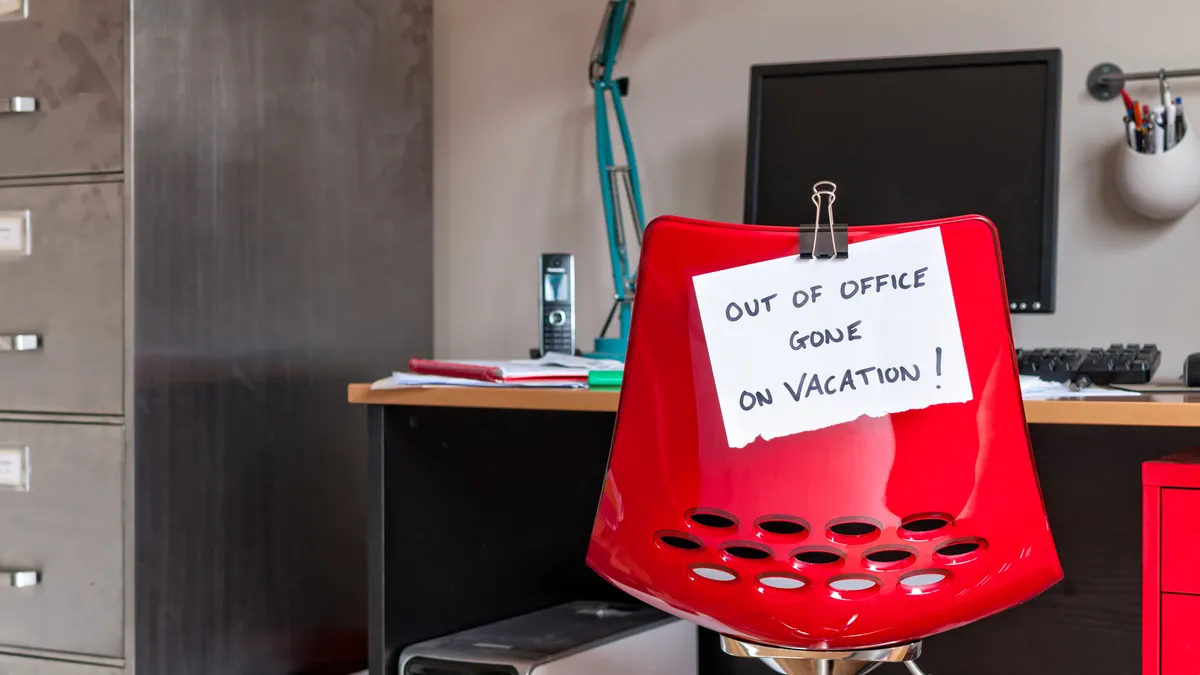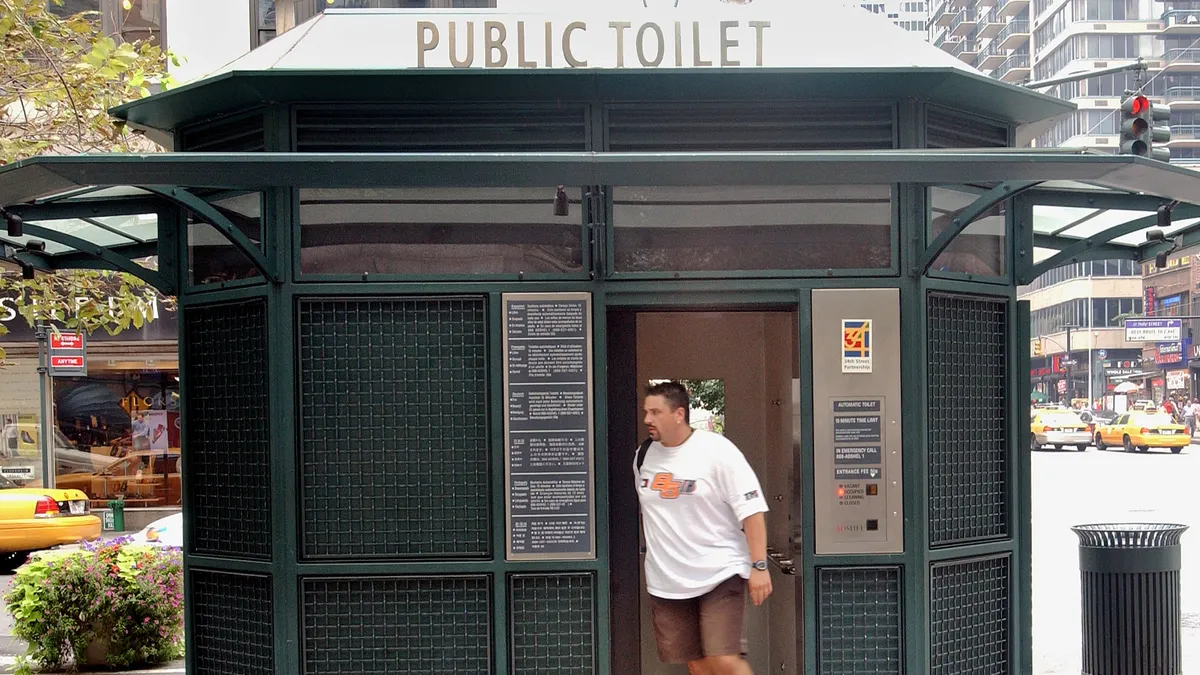Editor’s Note: ‘Happy Hour’ is an HR Dive column from Reporter Ginger Christ. Follow along as she dives into some of the offbeat news in the HR space.
Let’s be real; the COVID-19 pandemic and the associated social and physical isolation left all of us a little weirder for wear.
Now, as companies continue to bring workers back into the office or adjust to permanent remote and hybrid setups, those idiosyncrasies are coming to the surface.
To tamp down unprofessional – and potentially downright strange – behavior, business executives are offering etiquette classes for employees. A July survey of more than 1,000 leaders by ResumeBuilder.com found that 45% of companies are already offering classes, while another 18% intend to start by 2024.
And leaders say the classes are working. Those who already offer lessons in professionalism reported that the classes have been highly (65%) or somewhat (34%) successful, the survey found.
Companies’ reasons for requiring the classes vary from employees wearing too casual of clothing to not being able to make polite conversation – talking about politics or religion at work – to being unable to write professional emails.
The word on the (internet) street was similar. When I asked readers via social media their thoughts on etiquette classes, they brought up concerns about employees wearing pajamas to work, taking too long to respond to correspondence and not respecting others’ time. (Is this a good time to mention I used to ditch my heels at my desk and walk around the office in slippers at a previous job? I mean, I still wear slippers on the clock, but now I work from home.)
However, some online questioned the need for such classes, characterizing them as an “unnecessary time and expense” and “self-important busy work.” Others said such classes should be voluntary, to avoid micromanaging workers and to promote “more open-ended employee development.”
Mike Chappell, co-founder and CEO of FormsPal, an online legal document platform, said the classes foster a “collaborative work environment.” The company has tweaked its offerings to focus more on virtual etiquette – taking time zones into account, handling video call fatigue and communicating effectively online – because of the “curveball” remote work threw into the daily workflow, Chappell said.
“In our view, office etiquette training is vital, not only for newbies but for everyone on the team,” Chappell said.
Of the leaders surveyed by ResumeBuilder.com, 10% said the training would be required for Gen Z and recent graduates, while 60% said classes would be mandatory for all workers.
Young Pham, co-founder and financial advisor at Bizreport, an online business newswire, said his company initially only provided the training to new hires as part of the onboarding process but realized soon after that office etiquette training could be useful for all employees.
“As we observed a decline in interpersonal skills and professional conduct in the workplace, we recognized a growing need for this type of training,” Pham said in a statement. “The COVID-19 pandemic has certainly increased the demand for office etiquette training. Employees have had to adapt to new ways of interacting with colleagues, as a result of the shift to remote work and reliance on digital communication.”




































